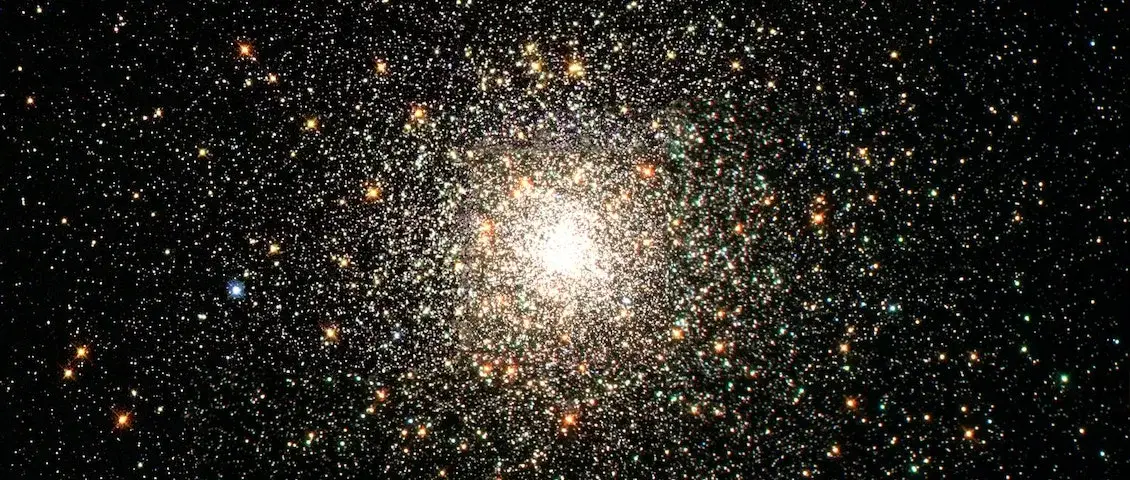Mustafa Suleyman is a co-founder of DeepMind and, currently, the CEO of Microsoft’s AI efforts. During June 2024’s Aspen Ideas Festival, he touted AI in some truly astounding ways.
- “The economics of information are about to radically change because we’re going to reduce the cost of production of knowledge to zero marginal cost.”
- “In 15 or 20 years’ time, we will be producing new scientific, cultural knowledge at almost zero marginal cost. It will be widely open sourced and available to everybody.”
It’s concerning that someone positioned to influence the direction of AI and technology would have so little grasp of what “knowledge” means. Knowledge is not an output of a system. It is not a commodity. It’s actually pretty simple. Knowledge means nothing without a knower. You don’t need much of a deep dive into epistemology to understand that basic concept.
You can know a small subset of knowable things as easily retrievable facts. Dates, locations, and similar information can be captured as text or data and stored. So can interpretations, applications, elaborations, and hypotheses about facts. Huge repositories of them already exist. We call them things like libraries and Wikipedia. Just because that knowledge exists doesn’t mean that any given individual “knows.”
For example, click the “random article” link on Wikipedia. Whatever it comes up with is “knowledge,” but it’s unlikely to be something you know. The knowledge retrieval happens at near-zero marginal cost, to you, but someone had to spend time writing it. The storage and maintenance on Wikipedia servers also come at a cost, but again, not to you.
Moreover, you don’t actually know anything about what you find. It might be accurate or not. You need knowledge (real, human knowing, not digital retrieval) to know what to do with that information. And whatever the article refers to, some combination of physical, historical, psychological, and other forces had to happen in order for that thing to exist.
Another example of “cultural knowledge.” It is true, even in 2024, that AI could generate an effectively infinite number of novels, digital images, and videos. They are already available to us at what seems like no cost.*
But they still wouldn’t mean anything. A play by Shakespeare, a novel by Dostoevsky, the history of Rome—that’s what constitutes the production of cultural knowledge. Humans have to have been humans, and things have to have happened for cultural knowledge to exist. AI can generate endless digital goo, but it will never amount to knowledge known by humans.
Why does any of this matter? Because these terrible ideas about culture and knowledge are in the hands of people with the money and resources to bring them about.
* In reality, of course, the costs are enormous. The International Energy Agency estimates that current data center energy usage stands at around 460 terawatt hours in 2022 and, with AI and cryptocurrency, could increase to as much as 1,050 TWh in 2026 — equivalent to the energy demands Germany.




